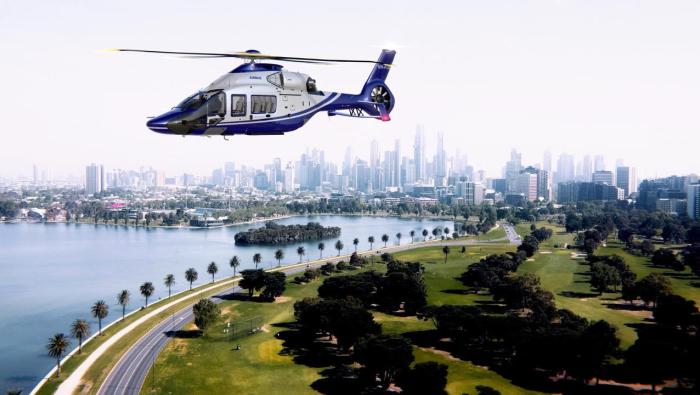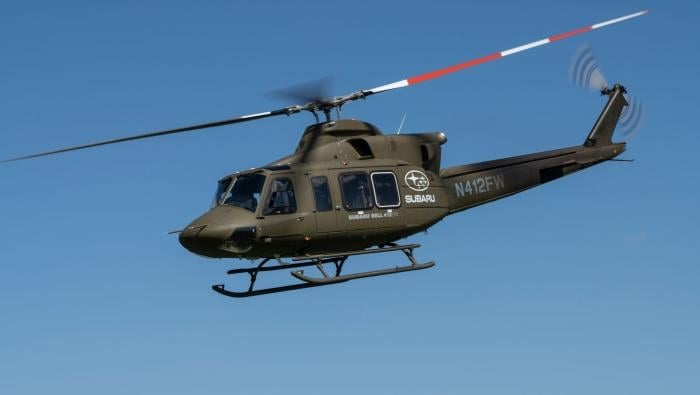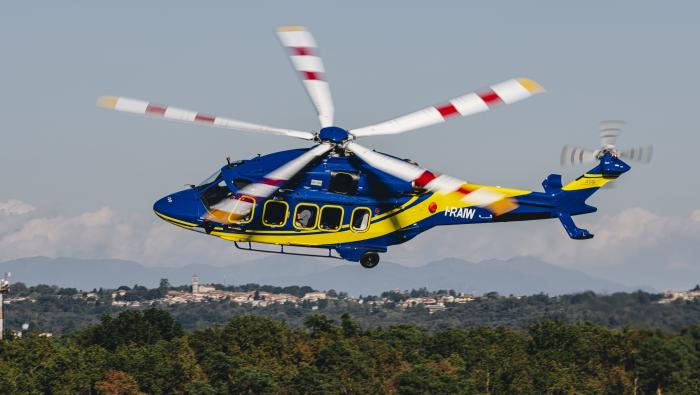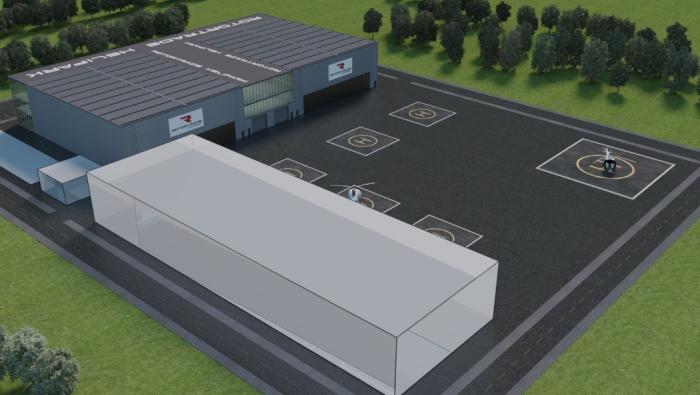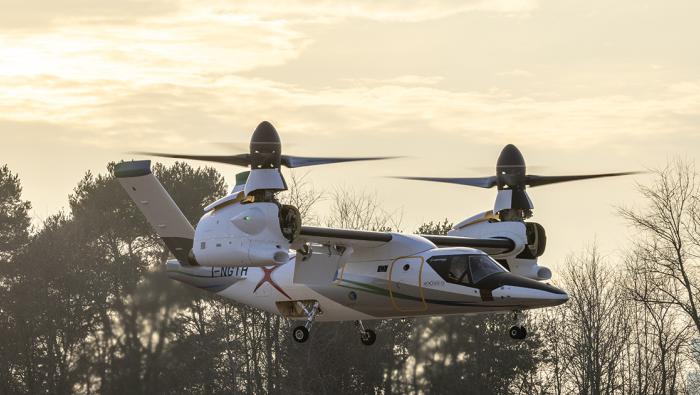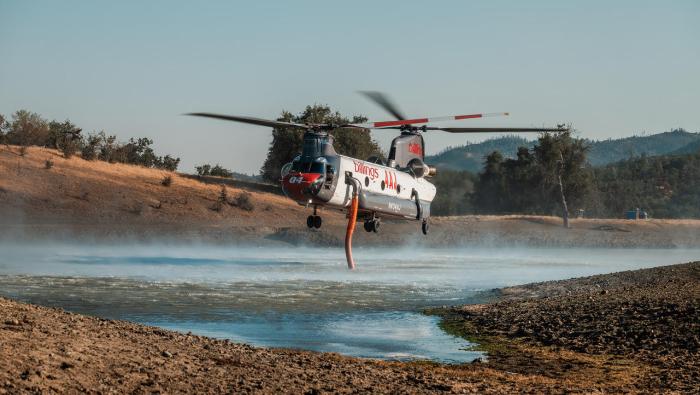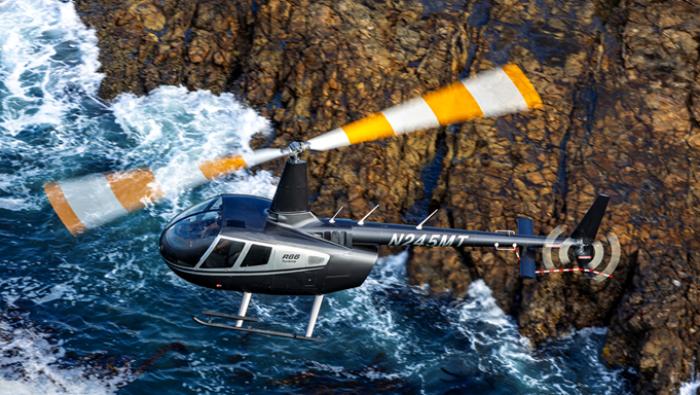Anti-noise Advocates Lose Grand Teton Appeal
Anti-noise Advocates Lose Grand Teton Appeal
A federal appeals court has dismissed a bid by the Natural Resources Defense Council and the Wilderness S
A federal appeals court has dismissed a bid by the Natural Resources Defense Council and the Wilderness S

